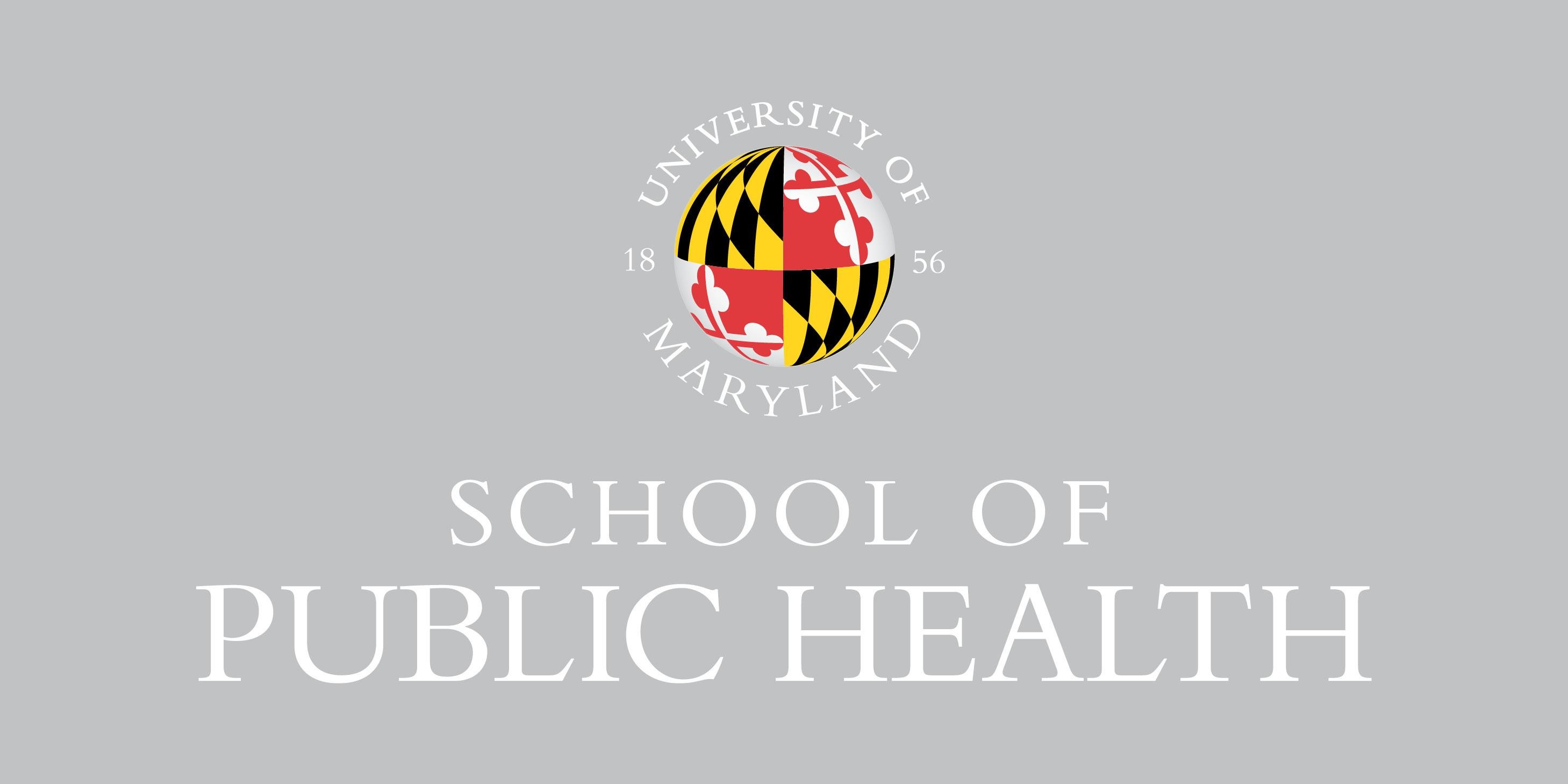
The University of Maryland Prevention Research Center’s work advancing the mental health of LGBTQ+ persons embraces intersectional perspectives and recognizes that the struggle of any oppressed people is a struggle for all of us. This year, we enter Pride month amidst nationwide civil unrest and uprising. Thousands of people from all walks of life have taken to the streets to express their anguish and outrage over the perpetual injustice faced by Black persons in the United States, specifically at the hands of law enforcement. There are stark parallels between the current uprising for racial justice and Pride's origins in protest. There is also an urgent need to acknowledge and amplify the voices of those who have been on the front lines of fighting oppression, both historically and currently: Black trans women.
Despite decades of ongoing activism, the modern LGBTQ+ rights movement gained visibility and momentum in June of 1969 at the Stonewall Inn. A gay bar frequented by those forced to the margins, it was a common target of law enforcement and police brutality. NYPD officers conducting an unfortunately typical raid at the now-iconic gay bar were met with resistance sparked by Marsha P. Johnson -- a Black trans woman and leader in the LGBTQ+ movement -- throwing "the shot glass heard around the world" at a mirror. In the conflict that followed, hundreds of people fought back against police oppression. The days-long protests that followed mobilized thousands of people across the U.S. to elevate the visibility and rights of the LGBTQ+ community. In recent decades, Pride celebrations have been attended by hundreds of thousands of people, with cities like Chicago noting attendance over 1 million in recent years.
Despite the attendance of these Pride celebrations today, the origins of Pride are often forgotten, white-washed, and fall victim to the systems of capitalism and heteronormativity. The courage of Stonewall Inn patrons, protestors, activists, and allies catalyzed a movement that would later work to address the AIDS crisis and achieve marriage equality nationwide. Within this work, the voices of the Black trans women who led the movement have often been ignored in favor of whiteness. The LGBTQ+ community and society at large cannot forget the sacrifices made by Black trans women in the fight for LGBTQ+ liberation.
Demonstrators in the current protests are seeking similar progress, extending the fight further to all Black lives, consciously rooting itself in the contributions and needs of LGBTQ+ people. Both the LGBTQ+ and Black Lives Matter movements have urged people to take to the streets to fight for the basic humanity of their communities, facing similar criticisms from those ignoring the power of disruption in creating change. Both groups have been -- and continue to be -- disproportionately affected by state-sanctioned violence. This Pride month, as people in the U.S. fight for racial justice, the UMD-PRC stands with them in this fight for equality.
Related Links: